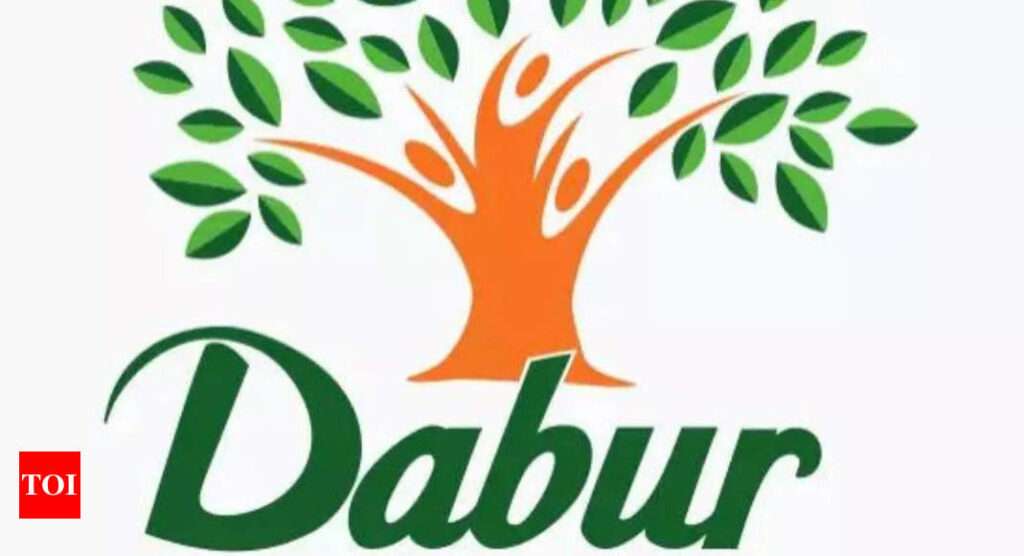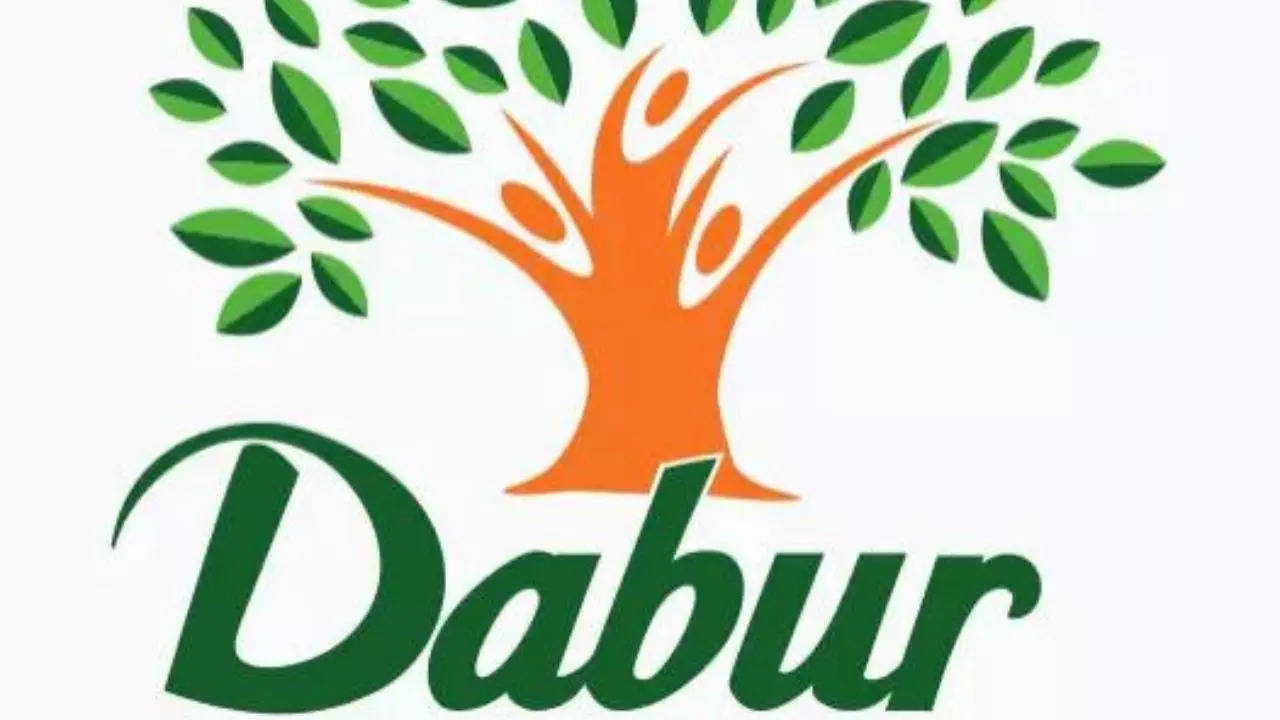NEW DELHI: Dabur India, a leading Indian consumer goods company known for its diverse range of products from toothpaste to honey, has reported a significant 16.2% increase in its fourth-quarter net profit, buoyed by robust domestic demand and falling raw material costs. The company’s net profit for the January-March quarter rose to 3.50 billion rupees ($41.9 million), up from 3.01 billion rupees a year earlier, surpassing analysts’ expectations of 3.44 billion rupees, according to LSEG data.
This performance comes at a time when Indian consumer goods makers have faced challenges such as slowing volumes, increased domestic competition, and high inflation. However, Dabur India’s results reflect a successful navigation of these challenges, aided by a 16% reduction in the cost of raw materials which significantly boosted the bottom line.
The company’s revenue also saw a healthy increase, rising 5.1% to 28.15 billion rupees. The consumer care segment, which makes up 79% of Dabur’s total revenue, reported a 6% increase during the quarter.
Analysts are optimistic about the future, particularly for rural demand, which is expected to accelerate towards the end of 2024 as monsoon rains typically boost farm income. This anticipation comes despite the slowing volumes reported by the sector in the previous fiscal year.
Dabur’s performance stood out in the stock market as well, with shares rising as much as 5.6% post-announcement. This gain is notable especially considering the overall 6% decline in Dabur’s shares during the March-quarter, which fared better compared to a 5% fall in the Nifty fast-moving consumer goods index.
The company’s success this quarter was also reflected in its year-end financials, with the annual net profit up 6.46% at 1,811.31 crore rupees and annual revenue up 7.58% at 12,404.01 crore rupees. Dabur India highlighted that its “consolidated revenue crossed the Rs 12,000 crore mark,” attributing this achievement to strong execution of its Power Brand strategy, increased premiumisation, and expansion of its distribution footprint coupled with stringent cost reduction measures.
Dabur India’s robust performance stands in contrast to its peers. While Nestle India also reported a significant rise in quarterly profit, Hindustan Unilever experienced a larger-than-expected drop, though it indicated signs of a potential sales recovery in rural areas.
The company’s successful quarter underscores its resilience and strategic execution amid varying market conditions, setting a positive outlook for the upcoming fiscal year.
(With inputs from agencies)
This performance comes at a time when Indian consumer goods makers have faced challenges such as slowing volumes, increased domestic competition, and high inflation. However, Dabur India’s results reflect a successful navigation of these challenges, aided by a 16% reduction in the cost of raw materials which significantly boosted the bottom line.
The company’s revenue also saw a healthy increase, rising 5.1% to 28.15 billion rupees. The consumer care segment, which makes up 79% of Dabur’s total revenue, reported a 6% increase during the quarter.
Analysts are optimistic about the future, particularly for rural demand, which is expected to accelerate towards the end of 2024 as monsoon rains typically boost farm income. This anticipation comes despite the slowing volumes reported by the sector in the previous fiscal year.
Dabur’s performance stood out in the stock market as well, with shares rising as much as 5.6% post-announcement. This gain is notable especially considering the overall 6% decline in Dabur’s shares during the March-quarter, which fared better compared to a 5% fall in the Nifty fast-moving consumer goods index.
The company’s success this quarter was also reflected in its year-end financials, with the annual net profit up 6.46% at 1,811.31 crore rupees and annual revenue up 7.58% at 12,404.01 crore rupees. Dabur India highlighted that its “consolidated revenue crossed the Rs 12,000 crore mark,” attributing this achievement to strong execution of its Power Brand strategy, increased premiumisation, and expansion of its distribution footprint coupled with stringent cost reduction measures.
Dabur India’s robust performance stands in contrast to its peers. While Nestle India also reported a significant rise in quarterly profit, Hindustan Unilever experienced a larger-than-expected drop, though it indicated signs of a potential sales recovery in rural areas.
The company’s successful quarter underscores its resilience and strategic execution amid varying market conditions, setting a positive outlook for the upcoming fiscal year.
(With inputs from agencies)


